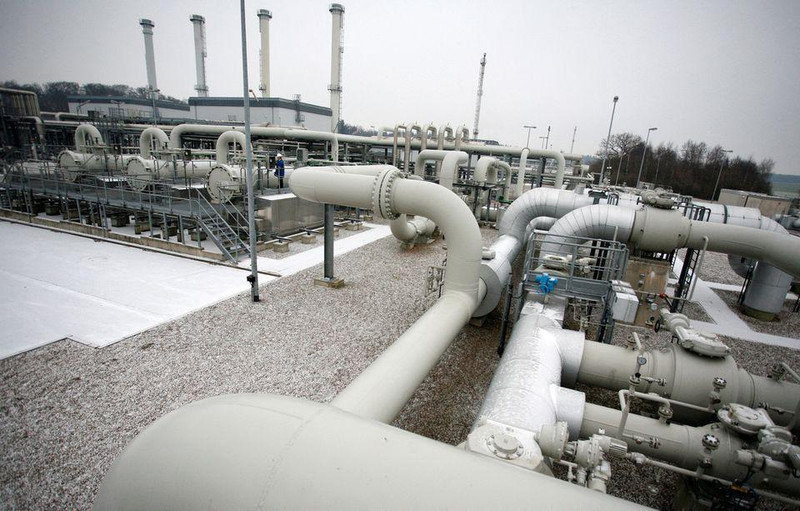European Commissioner for Energy Kadri Simson said, the EU has proposed to impose a ceiling on gas prices at 275 EUR per megawatt-hour (MWh). The market correction mechanism will be automatically activated when gas prices exceed 275 EUR/MWh, for two consecutive weeks and the difference between the gas futures price at the Title Transfer Facility (TTF) in the Netherlands and global liquefied natural gas (LNG) prices at 58 EUR, for 10 consecutive trading days. She also stressed that this is the last measure to prevent gas prices from rising too high but it is not in line with the global uptrend. The EU officials noted that the imposition of a gas price ceiling may not help cool gas prices, but ensure a sufficient supply of gas to Europe through a common purchase policy.
France, Spain and Poland criticised the gas price ceiling of 275 EUR. Spain's Energy Ministry said that the gas price ceiling proposed by the EU would only lead to higher gas prices, hindering efforts to contain inflation to its highest level in decades.
According to Polish Prime Minister Mateusz Morawiecki, the ceiling price of gas proposed by the EU is too high. Meanwhile, the French Energy Ministry said the EU’s proposed price is not enough and does not meet the reality in the market.
Meanwhile, EU countries have not been able to reach an agreement on the imposition of ceiling prices on imported oil transported by sea from Russia, at the price proposed by the Group of seven leading industrialised countries (G7). Representatives of 27 EU member states met in Brussels, Belgium to discuss the G7's proposal to impose a price of 65-70 USD per barrel, for imported oil transported by sea from Russia. However, many EU countries still disagreed, saying that this proposed price is too low or too high.
The G7, along with the EU and Australia, want to impose a ceiling on oil imports from Russia on December 5. However, the price ceiling is currently a matter of controversy. Poland, Lithuania and Estonia, assessed that the G7's proposed price of 65-70 USD per barrel, will bring too much profit for Russia because the production cost is only about 20 USD per barrel. The three countries want to reduce the price ceiling to the level of production costs.
Meanwhile, the Republic of Cyprus, Greece and Malta, the countries with developed shipping industries, are at risk of loss if Russian oil exports are hindered. They said that this price is much too low and claimed compensation for business losses that they have been suffering. The two G7 countries of France and Germany support the application of a price ceiling as proposed by the G7 but are concerned about the possibility of enforcement.
With about 70-85% of Russia's oil exports transported by tankers, the plan of imposing a price ceiling on Russian oil aims to prevent shipping, insurance and reinsurance companies, from shipping oil from Russia around the world, unless the commodity is sold for less than the ceiling set by the G7 and its allies. The world's leading shipping and insurance companies are all based in G7 member countries, and the imposition of a price ceiling could make it difficult for Russia to sell oil at a higher price.
Proposals on imposing a ceiling on EU gas prices were discussed at the EU Energy Ministers Meeting. If approved, the EU will impose a ceiling on gas prices from January 2023. However, disagreements among the members of the bloc will hinder efforts to cool down gas prices, as well as increase countermeasures against Russia, while EU countries are heavily damaged by dependence on the gas supply from Russia.
















